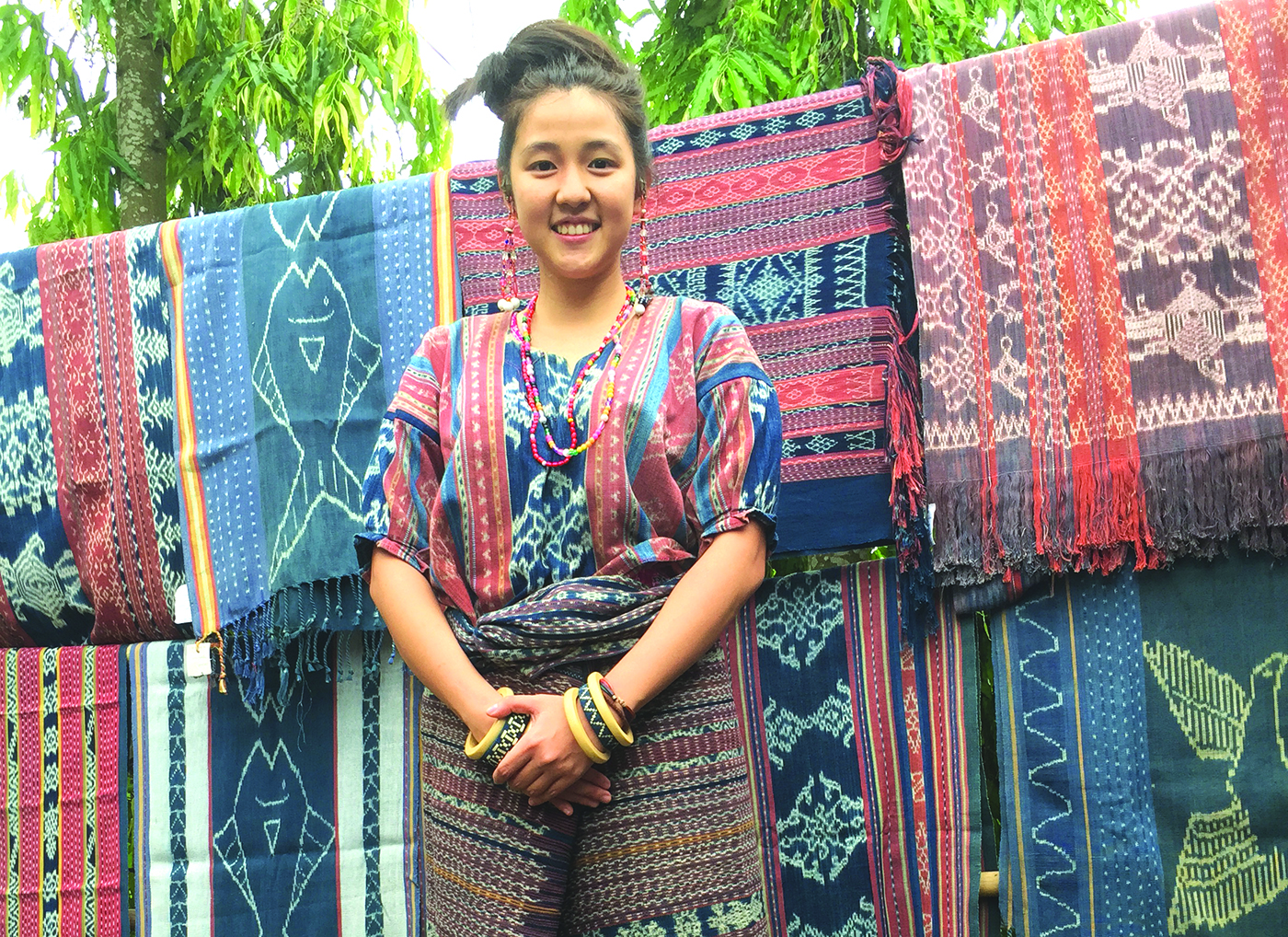[et_pb_section bb_built=”1″][et_pb_row][et_pb_column type=”4_4″][et_pb_post_title admin_label=”%91RESEARCH%93 Discussion on Startup Assistance Organization” _builder_version=”3.0.75″ title=”on” meta=”on” author=”on” date=”on” categories=”off” comments=”off” featured_image=”off” featured_placement=”below” text_color=”dark” text_background=”off” border_style=”solid” /][/et_pb_column][/et_pb_row][et_pb_row][et_pb_column type=”4_4″][et_pb_image _builder_version=”3.0.75″ src=”//angin.id/wp-content/uploads/2018/01/20180117_144702-min.jpg” show_in_lightbox=”off” url_new_window=”off” use_overlay=”off” always_center_on_mobile=”on” border_style=”solid” force_fullwidth=”off” show_bottom_space=”on” /][/et_pb_column][/et_pb_row][et_pb_row][et_pb_column type=”4_4″][et_pb_text _builder_version=”3.0.75″ background_layout=”light” border_style=”solid”]
To complement ANGIN’s research with Sasakawa Peace Foundation on the effectiveness of startup assistance organization, ANGIN team organized two discussions last Wednesday (17/01) at Kantorkuu Coworking Space, Jakarta.
- Identified any gaps in the services provided by SAOs and services expected by startups/investors
- Studied the effectiveness of SAOs from three different perspectives: Startups, investors, and SAO
- Came up with service improvization/actions that can be taken to make SAO environment more gender inclusive.
We’d like to thank you every participant for their valuable insights!
Interested in our research?
We are currently gathering a qualitative survey to be filled by entrepreneurs. You can access the survey here (in English) and here (in Bahasa).
[/et_pb_text][/et_pb_column][/et_pb_row][/et_pb_section]
